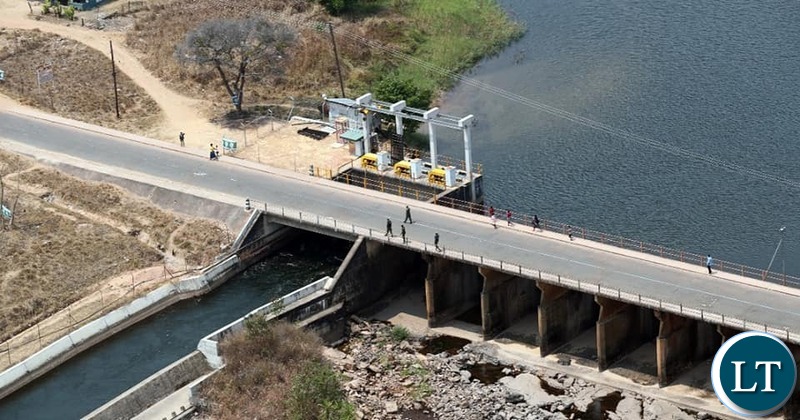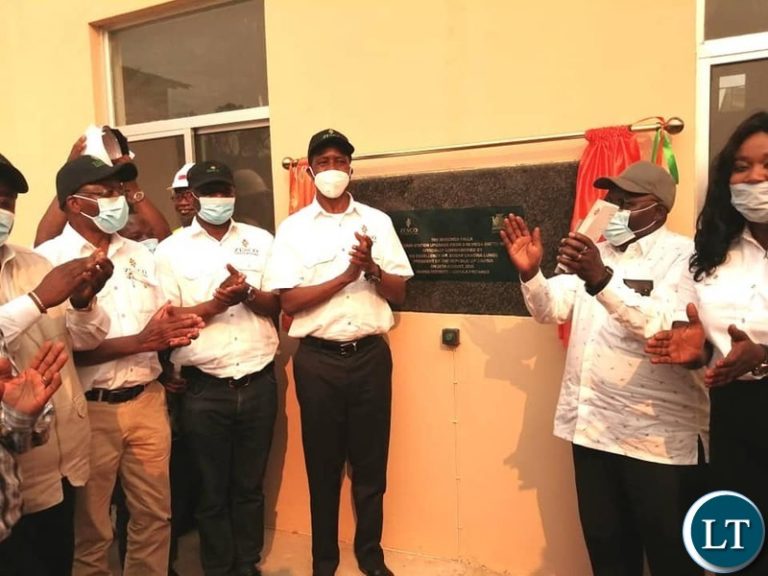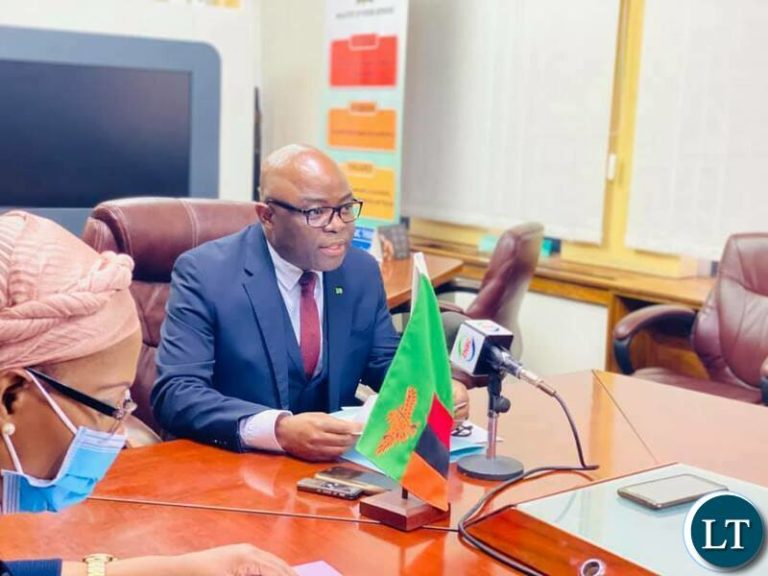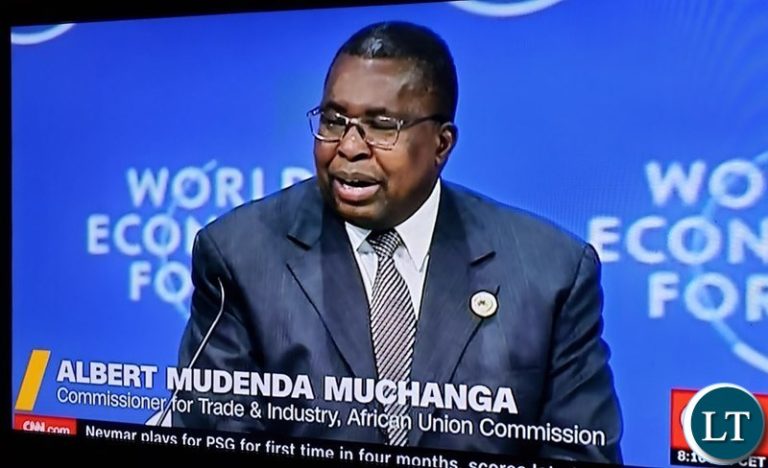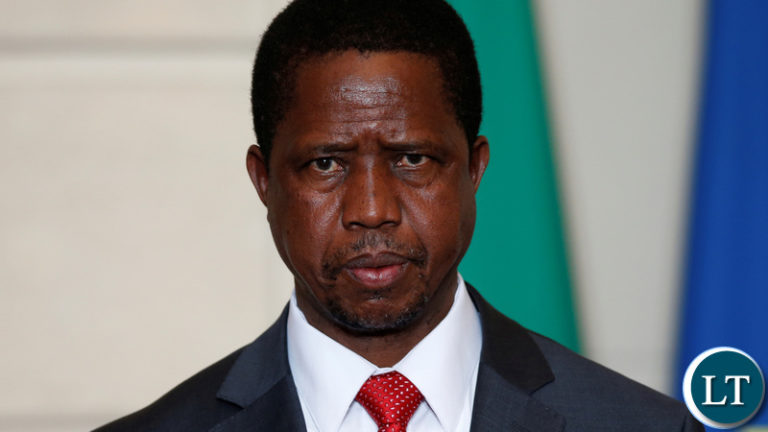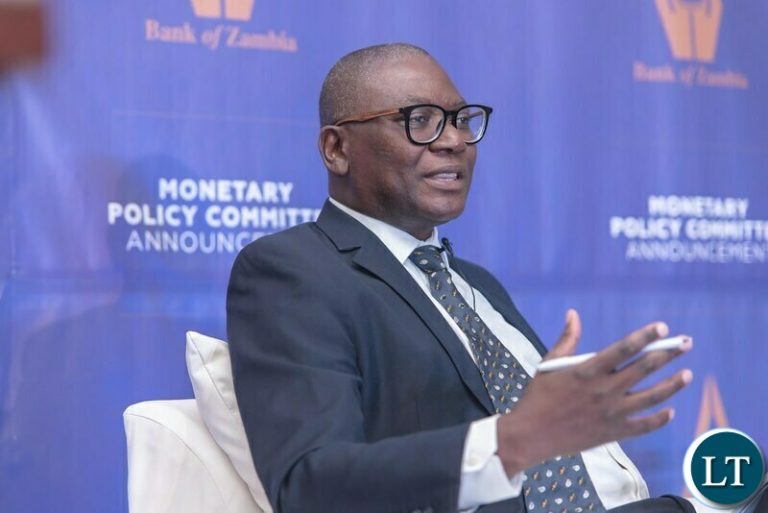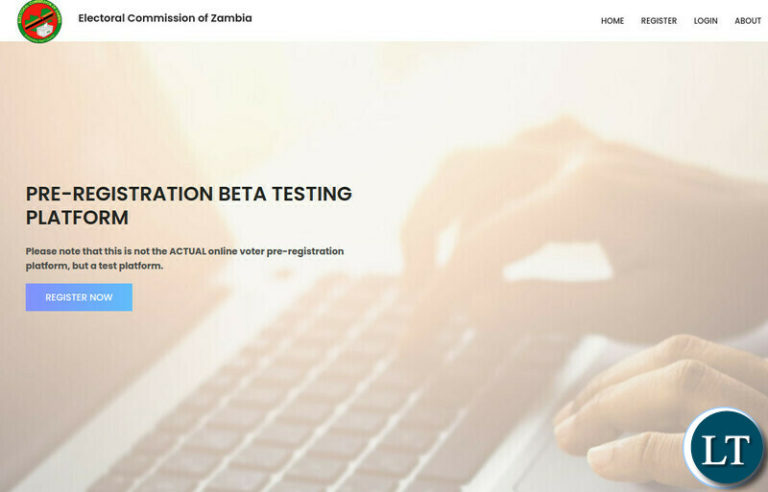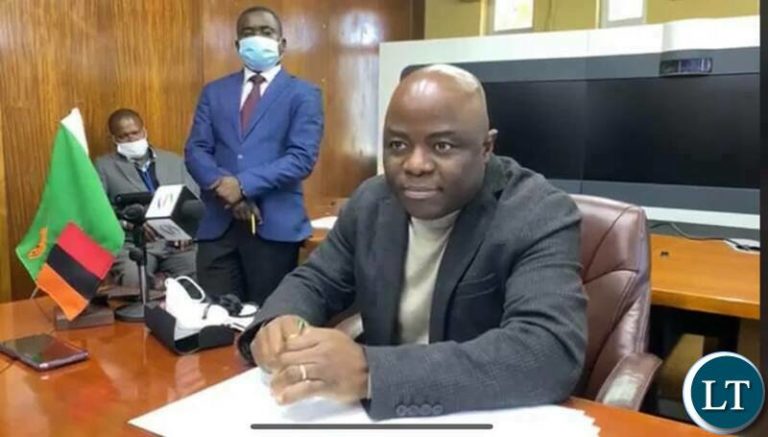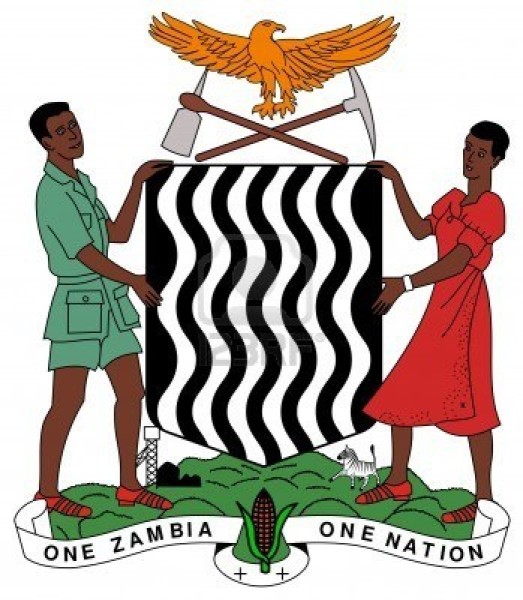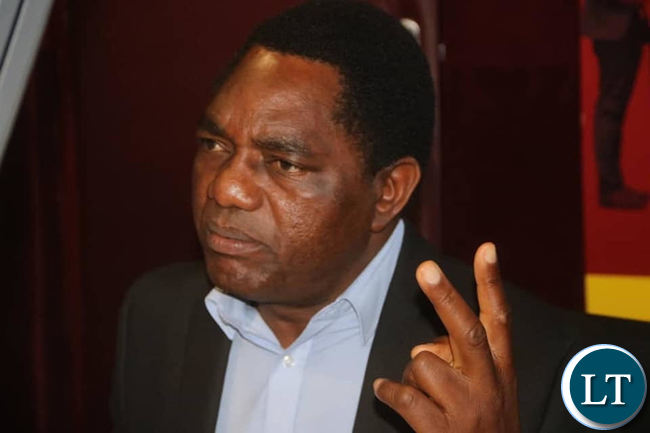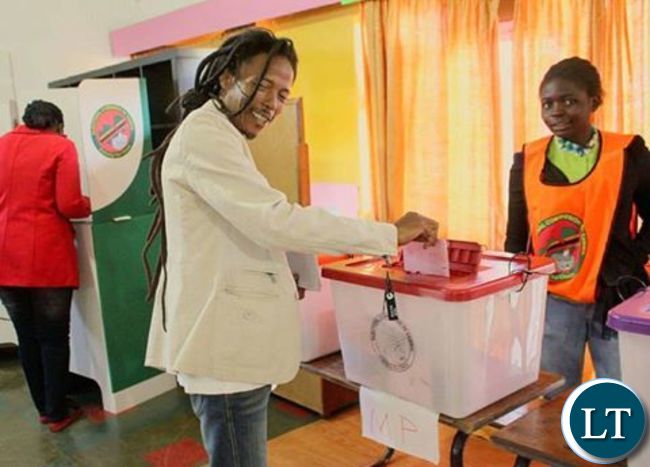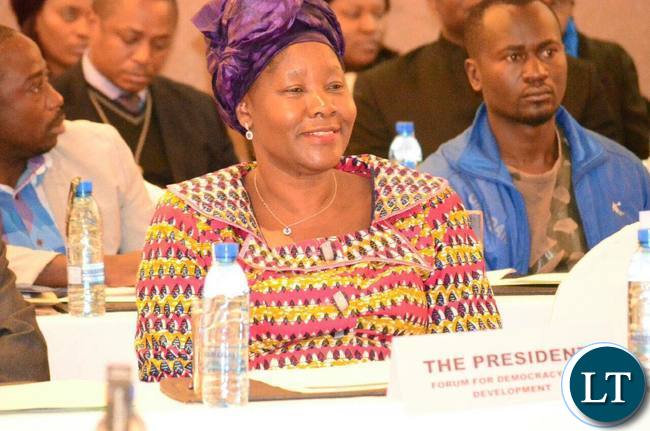By Isaac Mwanza
Introduction
On August 16, 2020, President Edgar Lungu toured Chifubu market in Ndola where market shelters were being built. The President was informed that the shelters in Bwana Mkubwa were being constructed at a cost of K15 million while a market in Mpulungu was costing about K28 million. He was further told that another market shelter was being built in Chifubu at a cost of K2 million. The President’s response, which we shall discuss below, was misinterpreted by those who are bent on throwing mud at the Head of State, by twisting his words to assume a meaning far from what the president meant, which was to express his concern at the failure of the fight against corruption and which now appears to be focused on embarrassing the president’s team and those close to him, as exemplified by the following example.
The Collapse of the Corruption Case against Dr. Chitalu Chilufya
To put the President’s response in Ndola in its proper context, let me refer to the collapse of the court case against the Minister of Health, Dr. Chitalu Chilufya in which he was charged with four counts of being in possession of property reasonably believed to be proceeds of crime, in terms of Section 71 subsection 1 of the Forfeiture of Proceeds Crime Act, No. 19 of 2010.
Readers will recall that, some 2 years ago, the President complained that the Anti-Corruption Commission (ACC) despite public complaints about failure to account for public property and people apparently putting huge amounts of cash in their bank accounts from unknown sources, the ACC appeared to be lying fallow and there was no evidence that they (ACC) were not interested in investigating such complaints.
The Republican President made the point that he did not believe that he needed to give specific instructions to the ACC to investigate such complaints; the President pointedly noted that perhaps the ACC had grown used to being directed as to which individuals should be investigated, but he would not do so because he believed in the law which established the ACC as an independent investigative agency: “I will not say to them, investigate this one, arrest that one. No… they are independent….but they are not working,” the president complained.
Clearly, many Zambians have forgotten the President’s complaint about the Anti-Corruption Commission’s lack of action and lack of interest in their work, which is the context of the President’s words in Ndola last week. He was actually repeating his earlier complaint that the ACC is not doing its work.
More significantly, the President was complaining that his call for the ACC to do its work, has now been taken by the ACC as licence to target his own inner circle by bringing dubious cases against them, not because there are genuine concerns about their alleged accumulation of wealth, but merely to paint them as corrupt, thereby bring the President and his Cabinet into disrepute as being corrupt.
This was the context in which the President made his remarks in Ndola. Unfortunately but predictably, these words were taken out of context, to mean that somehow, the President who has been urging the ACC to get busy and do their work as an independent agency, is somehow against the ACC, even though in essence, he was once again pointing out that the ACC was failing in its duty to investigate the figures being cited as the costs of the market shelters being constructed in Ndola and other places.
Let me refer to specific examples.
During a conversation with a colleague based in the USA, my colleague expressed the view that the prosecution of Dr. Chilufya, on the face of it, was malicious and motivated by the desire by the Commission to be seen to be doing something about official corruption. My colleague was of the view that the prosecution of Dr. Chilufya was nothing more than a public show by the ACC.
He noted that when the ACC’s own Investigations Officer reported that Dr. Chilufya’s legitimate income far exceeded the value of the property alleged to have been acquired from proceeds of crime, the ACC should have dropped the case. Why did they proceed when the evidence showed, clearly, that there was no basis for the prosecution?
The Chilufya case, to a large extent, confirms the view that sometimes, law enforcement agencies would prosecute matters in response to public demand even when they know that on the merits, they cannot secure a conviction. That is not only wrong but utterly immoral and unacceptable.
As I said earlier, Minister Dr. Chilufya was charged with four counts of possessing property reasonably suspected to be proceeds of crime, contrary to Section 71 subsection 1 of the Forfeiture of Proceeds Crime Act No. 19 of 2010. The author contends this is a bad law for reasons which are not the subject of this discussion. This law, or Act, can and has been used against persons perceived as opponents of people in power, whether positively or negatively.
It has been used especially against the more well-to-do politicians, whose wealth is good subject matter for settling scores by rivals. Hakainde Hichilema, leader of the United Party for National Development (UPND) and many others, in the wise words of FDD President Edith Nawakwi, must consider themselves lucky that the law has not visited them – maliciously or not – to require that they explain the sources of their wealth.
The question surrounding this Act is the rationale behind charging a person on the mere presumption that one may have committed a crime or could have been involved in the commission of a crime in the acquisition of their wealth. The bigger question is, why must a person be charged for a crime which has not been proved to have occurred, but which is presumed to be the source of one’s money or wealth?
This law should be struck down as it flies in the face of the constitutional right to be presumed innocent; this law is unconstitutional because it places the burden of proof on the accused, contrary to the constitutional requirement that the burden of proof, to the standard required in criminal prosecutions, rests on those who allege, to prove their allegations beyond reasonable doubt.
It is strange that, being aware of our constitutional principle that an accused person shall be presumed to be innocent until proven guilty, we nevertheless have this Forfeiture of Proceeds Crime Act, which places the burden of proof on the accused, and not the accusers, to show that they acquired their wealth legitimately. The adage from this Act is that you are guilty of a suspected crime until you prove yourself innocent. Reading the daily private tabloids, one gets the impression that the entire Government system has broken down.
What is the reason for this state of affairs?
When one looks around, one notices that our ministers and public servants are building mansions, own expensive cars, farms, night clubs, etc. This appears to send the message that ministers or civil servants cannot own a farm or build a villa in this country, except by raiding and looting the public Treasury. It appears, then, that if one does not want to be accused of “stealing”, then one must at least appear to be as poor as everyone else. That is wrong.
There are many, many people who became millionaires, who started very small. In this country, there are civil servants, politicians and ordinary citizens who saved from their salaries and private earnings from selling chickens, vegetables, salaula, block making etc., to buy a house or buy a mini-bus. They put their first house on rent and perhaps bought and operated a mini bus to supplement their income from these properties or activities, multiplied the number of properties and buses until they could afford to purchase or own their current villas or mansions.
Surely, even as we call for lifestyle audits of the people in the public service, we have no basis for the assumption that our government ministers and civil servants cannot own property. There are many private individuals, some being very prominent leaders in the official opposition, who serve as an example of how it is possible for a person who manages his or her resources prudently, to rise from a poor village boy to a millionaire.
The collapse of the ACC case against Dr. Chilufya has not only left a big dent on the Commission, which failure has been compounded by their vengeful and possibly contemptuous act to suspend one of their own officers, who was a State witness, because the officer’s testimony given in court favoured the accused. This action by the ACC must raise a vital public discourse about the constitutionality of the Forfeiture of Proceeds Crime Act which treats the accused as guilty of a suspected crime until they prove their innocence.
Allow me now to return to the President’s remarks in Ndola.
The President’s response and fighting corruption
The criticism levelled against President Lungu’s remarks on the fight against corruption, suggests that there is a section of the public which obviously is bent on painting the President as somehow being against the so-called fight against corruption, allegedly by attempting to undermine the work of the Anti-Corruption Commission by his remarks.
The truth is actually the opposite: the President was once again pointing out the failure of the ACC to carry out its task with diligence and without fear or favour. The president was pointing out that the ACC was being selective in its enforcement of the law.
The author believes that the President was right. I invite readers to follow my thinking on this subject, as follows.
In response to the figures given to the President in Ndola on the construction of markets, President Lungu wondered at these somewhat exaggerated figures and wondered why the contracts were not being investigated. The Head of State said those in charge of fighting corruption, should have taken interest in the figures quoted and should have carried out an audit to establish the true costs of the structures under construction. This is what the President meant when he said, the ACC “knows where to find it, but they can’t dare go there because all they want is to remove Edgar Lungu from power.”
Unfortunately, the president’s detractors chose to give a negative connotation to the president’s words, instead of seeking to follow up what he said and follow it up with the ACC, because the President was clearly expressing his scepticism that such small structures, should cost so much money and warranted a detailed investigation. Why was the ACC not questioning the figures and, with the power at their disposal, to launch an investigation into the contracts?
This is why the President lamented that the fight against corruption in Zambia has been anchored on politics.
“So those who are fighting corruption, where are they? …I have always said that the fight against corruption is anchored on politics trying to get rid of government and those who are doing well. They know where corruption is happening but they don’t even dare to go there because all they want is to get Edgar Lungu out of power.”
Did the words of President Lungu imply that he was against the fight against corruption, whether by the Commission or any other agency? The answer is a categorical NO. How can the President be said to be discouraging the fight against corruption when he wondered why some apparently questionable contracts were not being investigated? The President’s challenge to those responsible for the corruption fight was simple: you know where corruption is, why are you afraid of going there?
President Lungu has been very consistent on how the anti-corruption war must be waged in Zambia. In his first address to Parliament on Friday, 18th September, 2015, President Edgar Lungu discussed his Government’s commitment to zero tolerance to corruption and emphatically added:
“I will not protect anyone serving in public office found wanting in our anti-corruption drive. Government also remains committed to ensuring that it fulfils its obligations of protecting, respecting and fulfilling human rights.”
Again, on 14th September, 2019, President Lungu repeated his pronounced call on the country’s patriotic duty to not only express outrage against corruption but to do more to combat the scourge. The President, however, gave this fight a decisive clarity when he said:
“The fight against corruption must be done in an honest manner, devoid of the narrow and selfish interests calculated to malign others simply because one has the platform to do so. The fight against corruption must be prosecuted with noble intentions to make our society better. But the screaming headlines of corruption propaganda may succeed to malign someone but they achieve nothing in terms of uplifting the lives of the poor and indigent of our society, the very people we swore to save and protect.”
This passage from the President’s speech summarises what is happening in the arena of the on-going fight against corruption in Zambia. First, it is only true that a number of private newspapers and opposition leaders continue to wage a relentless campaign targeting the Republican President and his inner circle, making all sorts of corruption-related allegations.
As I said earlier,, those opposed to the Lungu administration have partnered with some foreign-based international entities and now even with the pseudo-religious pastors, to spread false allegations and propaganda on alleged trafficking in Mukula timber, or simply to publish articles that cast negative perceptions on the Lungu administration.
The campaign to run a negative narrative aimed at making President Lungu unpopular ahead of 2021 polls is expected to continue and even intensify with some civil society groups in the forefront, as a way to make a name for themselves and to attract financing from well-known anti-Lungu forces, both at home and abroad. They all will sing the same song of corruption or bad governance, in most cases without any foundation whatsoever, taking advantage of every opportunity that presents itself to poison the minds of the public against President Lungu and his party.
It is interesting to note that this is the same manner in which the issue of privatisation has been used to paint a negative narrative against leader of the United Party for National Development (UPND), Mr. Hakainde Hichilema, is the very same way that Mr. Hichilema and his friends are using the corruption talk against President Lungu as a tool to unseat his administration. This is nothing but politics at play.
Was the President wrong to make public criticism of the approach used by the Anti-Corruption Commission which, in his opinion, is to solely target members of his administration as an act calculated to propel regime change? The Commission itself was created by the Zambian people with noble intentions but the people are not responsible for recruiting persons who may have a political bias in their approach to perform the functions for which the Commission was created.
In advanced democracies such as the United States of America, President Donald Trump has not minced his words in criticising institutions such as the Federal Bureau of Investigation (FBI) but that does not mean that President Trump has no confidence in the FBI.
Conclusion
As seen from the foregoing, President Lungu has been committed to the fight against corruption; however, he has adopted a non-interventionist approach in which the Anti-Corruption Commission should be self-motivated and should be guided only by the constitution and the law, not by the President.
In his remarks in Ndola, the President was in fact questioning the large figures quoted as being the cost of the relatively small structures under construction, thus his words saying that it was quite obvious that the costs cited for the market structures, were substantially inflated, but did not appear to attract the attention of the ACC. Perhaps we need to remind ourselves that in 2009, again on the Copperbelt, K44 million was allegedly spent in constructing a rural health centre in Mpongwe. It took President Rupiah Banda’s personal intervention to expose the fact there was no rural health post being constructed in Mpongwe, and that the K44m was being stolen by officers at the Copperbelt provincial accounting unit, including the auditors.
Here, we have President Lungu pointing out that he seriously doubted the K28 million and K15 million quoted as the cost of two market shelters, while a third shelter will cost only K2 million. The president is calling attention to these anomalies by asking why the ACC has not taken interest in such large figures in respect of such small, basic structures. Instead of support for the President for his concerns over this public expenditure, the result is to twist his words, from being an expression of concern for the public purse, to being an attack on the ACC.
We can do better than this, and support the President in this fight against corruption. Meanwhile, we call upon the Anti-Corruption Commission to take the President up on his expression of concern over the contracts for these market structures in Ndola, to investigate the contracts thoroughly and give the Zambian taxpayer a full report.
The author is a governance activist and a legal scholar. For any contribution write to isaacmwanza at yahoo dot com
